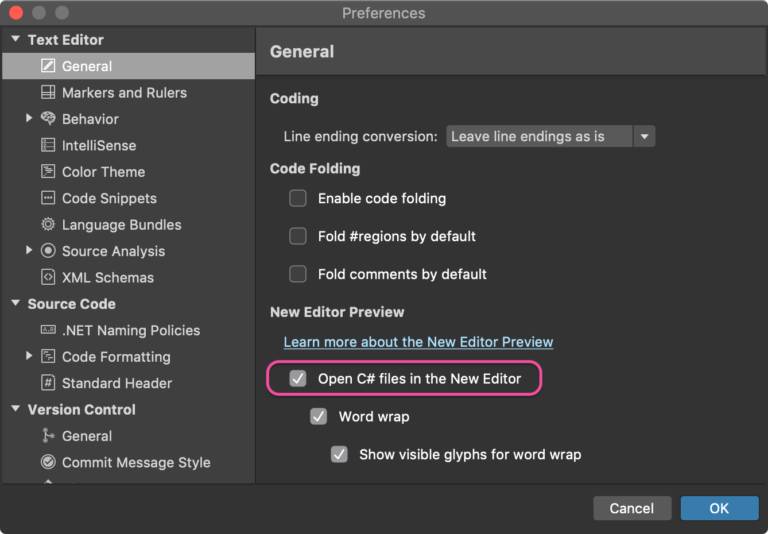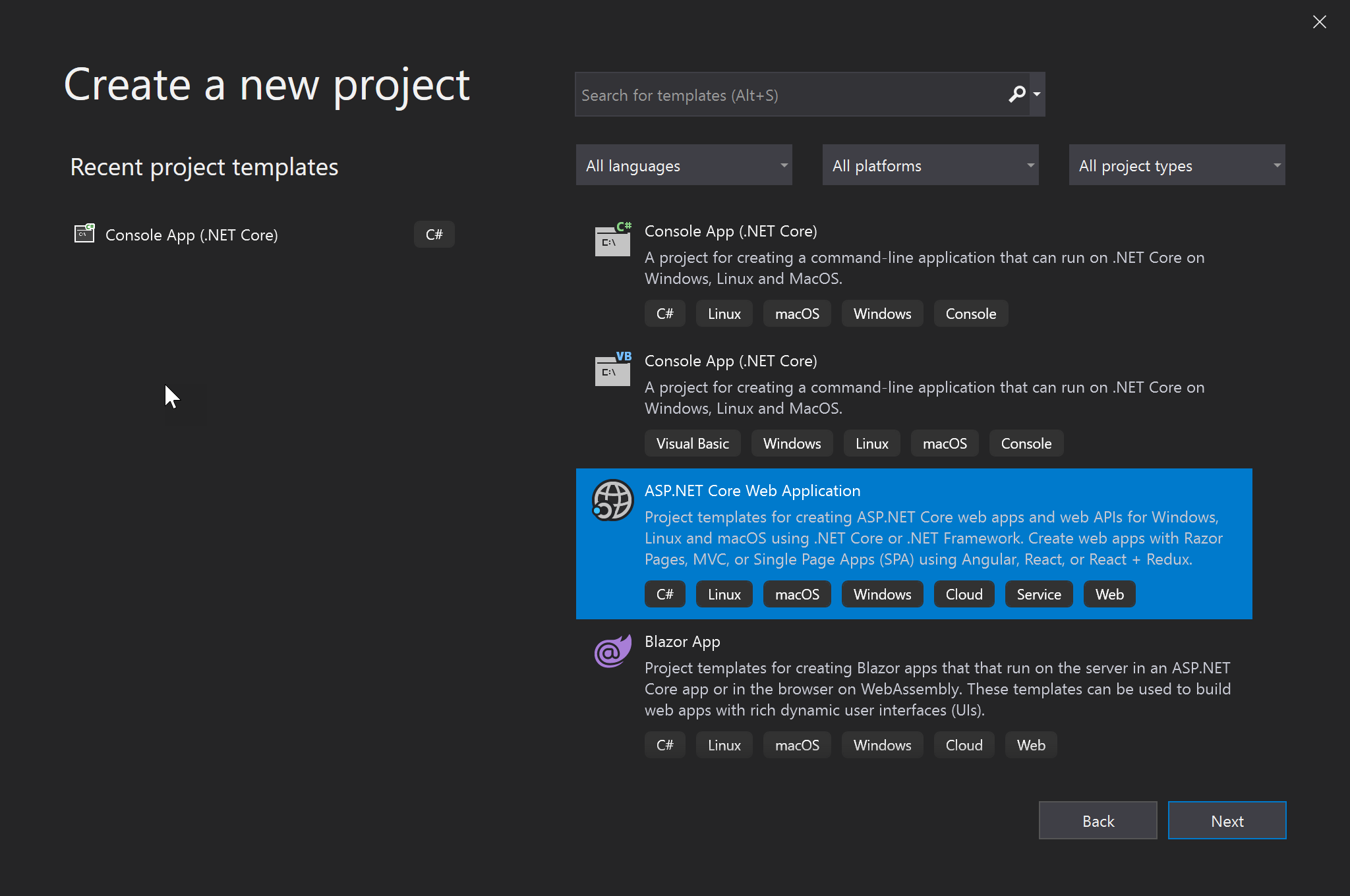- Jquery Intellisense Visual Studio 2019
- Reset Intellisense Visual Studio 2019
- Intellisense Visual Studio 2019 Not Working
- Angularjs Intellisense Visual Studio 2019
- Javascript Intellisense Visual Studio 2019
- Bootstrap Intellisense Visual Studio 2019
- Css Intellisense Visual Studio 2019
IntelliSense is a name given to a set of features that make coding more convenient. IntelliSense for C++ is available for stand-alone files as well as for files that are part of a C++ project. In cross-platform projects, some IntelliSense features are available in .cpp and .c files in the shared code project, even when you are in an Android or iOS context.
This article provides an overview of C++ IntelliSense features. For information on how to configure your project for IntelliSense and how to troubleshoot problems, see Configure a C++ project for IntelliSense.
IntelliSense features in C++
- Visual Studio Intellisense SLOW (VS2019 / UE4.25.1) 5. Hey, I have noticed that Intellisense takes AGES to update and start suggesting any auto-complete. Adding/removing a single variable in header or switching to a different class would often take 10+ seconds to update Intellisense.
- Quick and easy fix for all versions of Visual Studio and Unity IntelliSense support.If anyone wants to buy me a beer or a coffee - https://www.buymeacoffee.c.
IntelliSense for cross-compiling. The article is about configuring the C/C extension to provide proper IntelliSense (code completions) in Visual Studio Code when you compile for a different architecture than your development host machine. For example, when your host machine is.
IntelliSense is a name given to a set of features that make coding more convenient. Since different people have different ideas about what is convenient, virtually all of the IntelliSense features can be enabled or disabled in the Options dialog box, under Text Editor > C/C++ > Advanced. The Options dialog box is available from the Tools menu on the menu bar.
You can use the menu items and keyboard shortcuts shown in the following image to access IntelliSense.
Statement completion and member list
When you start typing a keyword, type, function, variable name, or other program element that the compiler recognizes, the editor offers to complete the word for you.
For a list of the icons and their meanings, see Class View and Object Browser icons.
The first time that you invoke member list, it only shows members that are accessible for the current context. If you press Ctrl+J after that, it shows all members regardless of accessibility. If you invoke it a third time, an even wider list of program elements is shown. You can turn off member list in the Options dialog box, under Text Editor > C/C++ > General > Auto list members.

Parameter help
When you type an opening brace of a function call, or angle bracket on a class template variable declaration, the editor shows a small window with the parameter types for each overload of the function or constructor. The 'current' parameter—based on the cursor location—is in bold. You can turn off parameter information in the Options dialog box, under Text Editor > C/C++ > General > Parameter information.
Quick Info
When you hover the mouse cursor over a variable, a small window appears inline that shows the type information and the header in which the type is defined. Hover over a function call to see the function's signature. You can turn off Quick Info in the Options dialog box, under Text Editor > C/C++ > Advanced > Auto Quick Info.
Error squiggles
Squiggles under a program element (variable, keyword, brace, type name, and so on) call your attention to an error or potential error in the code. A green squiggle appears when you write a forward declaration, to remind you that you still need to write the implementation. A purple squiggle appears in a shared project when there is an error in code that is not currently active, for example when you are working in the Windows context but enter something that would be an error in an Android context. A red squiggle indicates a compiler error or warning in active code that you need to deal with.
Code colorization and fonts
The default colors and fonts can be changed in the Options dialog box, under Environment > Fonts and Colors. You can change the fonts for many UI windows here, not just the editor. The settings that are specific to C++ begin with 'C++'; the other settings are for all languages.
Cross-platform IntelliSense
In a shared code project, some IntelliSense features such as squiggles are available even when you are working in an Android context. If you write some code that would result in an error in an inactive project, IntelliSense still shows squiggles, but they are in a different color than squiggles for errors in the current context.
Consider an OpenGLES Application that's configured to build for Android and iOS. The illustration shows shared code being edited. In this image, the active project is iOS.StaticLibrary:
Notice the following:
The
#ifdefbranch on line 6 is grayed out to indicate an inactive region, because__ANDROID__is not defined for the iOS project.The greeting variable at line 11 is initialized with the identifier
HELLO, which now has a red squiggle. This is because no identifierHELLOis defined in the currently active iOS project.Line 12 has a purple squiggle on the identifier
BYEbecause this identifier isn't defined in the (currently) inactive Android.NativeActivity project. Even though this line compiles when iOS is the active project, it won't compile when Android is the active project. Since this is shared code, you should correct the code even though it compiles in the currently active configuration.
Jquery Intellisense Visual Studio 2019
If you change the active project to Android, the squiggles change:
The
#elsebranch on line 8 is grayed out to indicate an inactive region, because__ANDROID__is defined for Android project.The greeting variable at line 11 is initialized with identifier
HELLO, which has a purple squiggle. This is because no identifierHELLOis defined in the currently inactive iOS project.Line 12 has a red squiggle on the identifier
BYEbecause this identifier is not defined in the active project.
Reset Intellisense Visual Studio 2019
IntelliSense for stand-alone files
When you open a single file outside of any project, you still get IntelliSense. You can enable or disable particular IntelliSense features in the Options dialog box, under Text Editor > C/C++ > Advanced. To configure IntelliSense for single files that aren't part of a project, look for the IntelliSense and browsing for non-project files section.
By default, single file IntelliSense only uses standard include directories to find header files. To add additional directories, open the shortcut menu on the Solution node, and add your directory to Debug Source Code list, as the following illustration shows:
Enable or disable features
Intellisense Visual Studio 2019 Not Working
Since different people have different ideas about what is convenient, virtually all of the IntelliSense features can be enabled or disabled in the Options dialog box, under Text Editor > C/C++ > Advanced. The Options dialog box is available from the Tools menu on the menu bar.
See also
Hey,

Angularjs Intellisense Visual Studio 2019
I have noticed that Intellisense takes AGES to update and start suggesting any auto-complete. Adding/removing a single variable in header or switching to a different class would often take 10+ seconds to update Intellisense. I hope it does not come out as some sort of whining, but it heavily impacts my workflow when I want to make fast changes to the code.
My two questions are: 1. Is anyone facing slow Intellisense to the point of finding it difficult to rely on it? 2. Are there any solutions (aside from using Visual Assist) that could speed it up?
Javascript Intellisense Visual Studio 2019
I've also seen some people downgrading to VS 2017 / earlier UE version (like 4.21), but this just sounds ridiculous (even though it may work).
P.S. One of the most common issues recently is that when creating a new project and adding classes, we get 13k+ or so errors from Intellisense. This is usually resolved by refreshing the project via File > Refresh Visual Studio Project in the main window. I wonder if things are somehow related.
Bootstrap Intellisense Visual Studio 2019

Css Intellisense Visual Studio 2019
P.S.S. Additionally header auto-complete doesn't work well, so to fix it (kind of) one would go to Project Properties > NMake > Include Search Path and input a long string of paths. I wonder if this is also somehow related to an underlying problem that would be affecting Intellisense.
